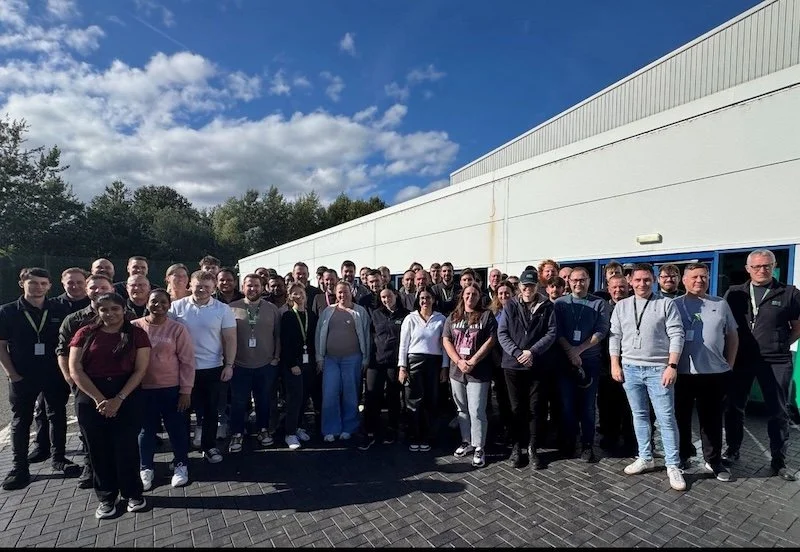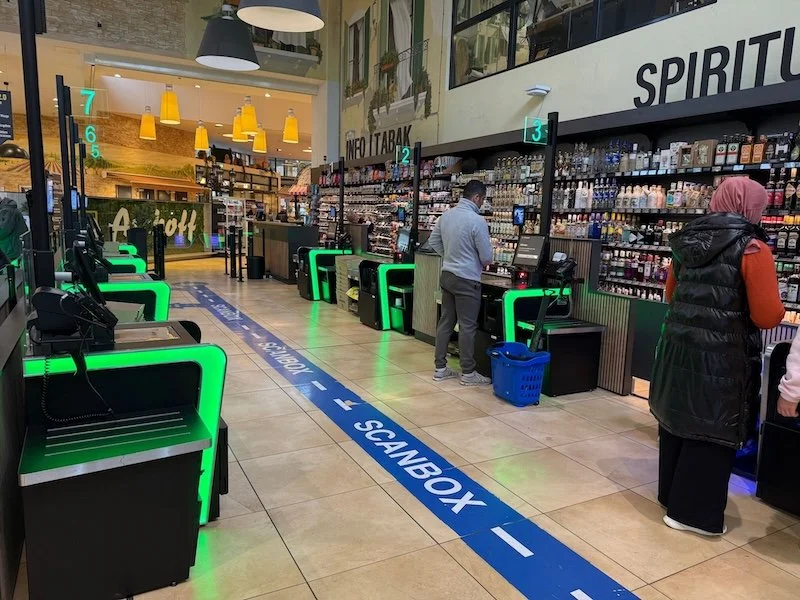The rise of compact gaming: an in-depth look at mini PCs
The world of gaming has come a long way over the years, and so has the technology that powers it.
Traditional desktop PCs have long been the go-to choice for avid gamers, but increasingly more people are opting for low footprint hardware that offers high performance and space saving qualities, including mini PCs.
In this article, we’ll be looking closely at these compact and portable devices – particularly what makes them so special and what you should look for when purchasing one.
What is a mini PC?
A mini PC is a compact computing device that packs the power of a full sized computer into a smaller form, for a fraction of the price.
Sometimes referred to as miniature PCs or small-form-factor (SFF) PCs, these systems are available in a wide range of shapes and sizes – offering something to suit gamers of all experience levels.
A mini gaming PC excels in portability and is an excellent choice if you need a space saving computer to play computer games.
What are the benefits of using a mini gaming PC?
Despite their petite footprint, mini PCs can benefit both regular gamers who enjoy classic gaming and serious gamers who play AAA games in several ways.
These include:
· Portability
Given their compact size, these computers are much easier to relocate, which is perfect if you only have limited space in your gaming room or if you’re always on the move.
· Power efficiency
A mini gaming PC usually consumes less power than a traditional gaming desktop, allowing you to save money on your monthly energy bills and contributing to environmental sustainability.
· Cost-efficiency
If you’re looking for a budget friendly model that offers outstanding gaming performance – similar to a high-end gaming computer – one of these miniature systems is a much more affordable option.
· Comfort
Mini PCs are designed to operate much quieter, offering a calmer and more enjoyable experience for gamers. They produce less heat during operation, too, meaning you needn’t worry about them overheating and crashing mid-way through your gaming sessions.
How to choose the best mini PC for gaming
Determining the best mini gaming PC for your needs can be overwhelming – especially with so many fantastic options available.
To help narrow your options down when searching for a mini PC, it helps if you consider the following hardware components:
· Central Processing Unit (CPU)
The CPU is the most important component of a mini gaming PC as it is essentially the engine behind the whole system that makes everything run properly.
Choosing a mini PC with a powerful processor will ensure that it can handle the demands of modern computer games – allowing games to run smoothly and without lag, so you can fully immerse yourself in the game.
· Graphics Processing Unit (GPU)
The graphics card is a crucial part of your gaming experience – especially with games being bigger and featuring more advanced graphics in recent years.
There are two types of GPU: integrated and discrete.
While an integrated graphics card is incorporated into the CPU, a discrete GPU (or dedicated graphics card) is a separate chip that’s mounted on its own circuit board.
Often, a mini PC with a dedicated graphics card will perform better than a system with an integrated GPU.
· Random Access Memory (RAM)
RAM is another key component in any gaming computer.
Opting for a PC with more RAM capacity can enhance responsiveness, improve frame rates and enable you to keep playing new releases in the future without experiencing any delays.
A gaming PC with more RAM will also allow you to run multiple programmes at once, which is ideal if you use your computer for streaming and multitasking, too.
· Storage
If your mini PC doesn’t have enough storage space for a particular game, you won’t be able to play it. Even if it meets the minimum requirement, you may experience a less than smooth experience.
Selecting a model that has greater storage capacity gives you the freedom to install more games and store more data on your PC.
Is it better to buy a pre-built PC or build your own?
It often comes down to your personal preferences.
For example, building your mini PC will allow you to customise every aspect of your gaming setup – selecting each component to ensure high performance. It can also work out more affordable to source the individual parts you need and to assemble them yourself than to purchase a ready made PC.
The only downside to building a PC is that it can take some time to configure (especially if you’ve never done it before).
Although they may have limited customisation options and cost you more, opting for a pre-built model guarantees convenience. These devices are pre-tested and ready to use straight out of the box, allowing you to get online sooner.
Ready to buy a mini gaming PC?
If you’re considering a mini gaming PC, it’s worth doing your research to determine the most suitable model.
It’s also advisable to go to a reputable supplier, like Inside Tech. Not only will they provide compact computers at various price points but they can also advise you on the best one for your gaming needs.
So, what are you waiting for?















Continue reading…